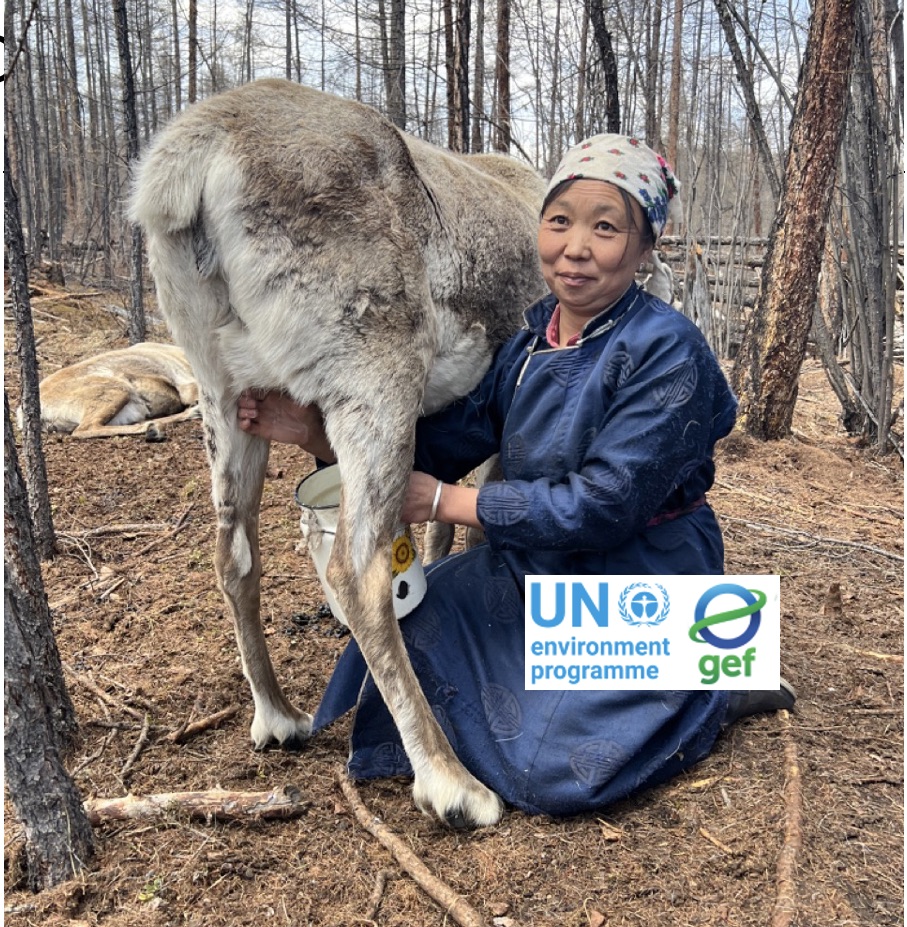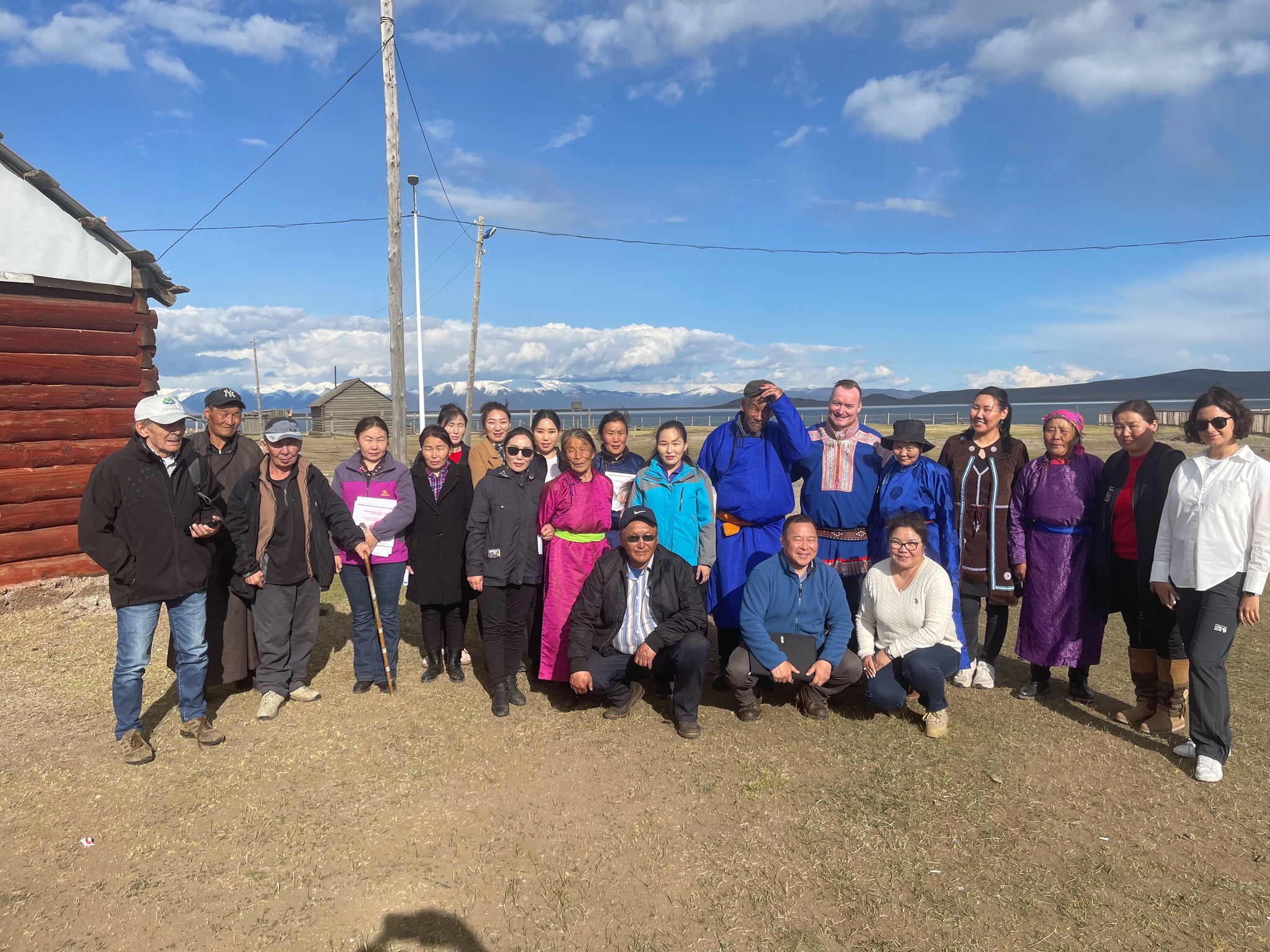Ulaanbaatar, Mongolia - The Reindeer Herding and Resilience project took a significant step forward following a successful visit to Mongolia by the International Centre for Reindeer Husbandry (ICR) in May-June 2023. The ICR team based in Norway, including Executive Director Anders Oskal, Project Leader Prof. Svein D. Mathiesen, and Project Coordinators Marina Tonkopeeva and Alena Gerasimova, traveled to Ulaanbaatar to meet with colleagues in Mongolia, Solongo Tsevegmid, Tsogtsaikhan Purev, and Svetlana Avelova, and hold a series of stakeholder meetings.
Meetings with key stakeholders aimed to exchange information on reindeer husbandry and garner stakeholder commitments to collaborate within the project to improve the livelihoods of reindeer herders and promote sustainable reindeer husbandry.
One of the trip's highlights was the meeting with Dr. Tserendulam Shagdarsuren, Director General of the Department for Climate Change Policy Coordination, Ministry of Environment and Tourism, who serves as the focal point of the Global Environment Facility (GEF). Mongolia will host the prestigious World Reindeer Herders' Congress in 2026 in collaboration with the World Reindeer Herders and the Ministry of Environment and Tourism as part of the country's program for the 2026 UN's International Year of Rangelands and Pastoralists. This decision was also supported by the Ministry of Food, Agriculture, and Light Industry and the soum Governor in Tsagaannuur.
After busy days in the capital, the project team embarked on a three-day journey to Tsagaannuur, West Taiga, to meet with the Dukha reindeer herders. Meetings with the reindeer herders and local authorities shed light on the challenges faced by the Dukha herders. While the number of reindeer has been increasing, there has been a rapid decline in the number of households, especially among young herders willing to live in the taiga. Currently, only the elderly population resides in the taiga. At the same time, the youth are reluctant to return after studying in urban areas. This situation raises concerns about the community's small population. The soum administration plans to organize winter events to attract more tourists in the coming years. The project will explore possibilities to address this issue, focusing on the younger generation.
The project team conducted a workshop with Dukha reindeer herders to introduce the Reindeer Herding and Resilience project and gather feedback on the proposed educational component. Alena Gerasimova, from the International Centre for Reindeer Husbandry, shared her Evenki reindeer herding experience, which was highly appreciated by the participants. The herders raised concerns about the pasturelands and the traditional hunting activities. They expressed the need for increased communication and language skills, computer literacy, and the preservation of traditional herders' knowledge closely connected with nature.
closely connected with nature.
The team's visit to a Dukha reindeer herders family in West Taiga provided valuable insights into the daily lives of reindeer herders and the traditional practices
of Dukha meat and milk production. The family, who will soon continue their seasonal migration, graciously offered their support for organizing a milking course for the ICR team members.
All stakeholders, including national, regional, and local levels, fully supported the project and received detailed information about its objectives and activities. An agreement was signed between the Governor of Tsagaannuur soum and the Secretary General of the World Reindeer Herders, solidifying their commitment to organizing the World Reindeer Herders' Congress in Tsagaannuur.
The Reindeer Herding and Resilience project is poised to positively impact the livelihoods of reindeer herders in Mongolia and globally, with stakeholders' strong commitment and collaboration at various levels. The preservation of the Dukha community and their unique cultural heritage remain at the forefront of these efforts.
Text and photos by ICR
Facebook page for the Reindeer Herding and Resilience project



